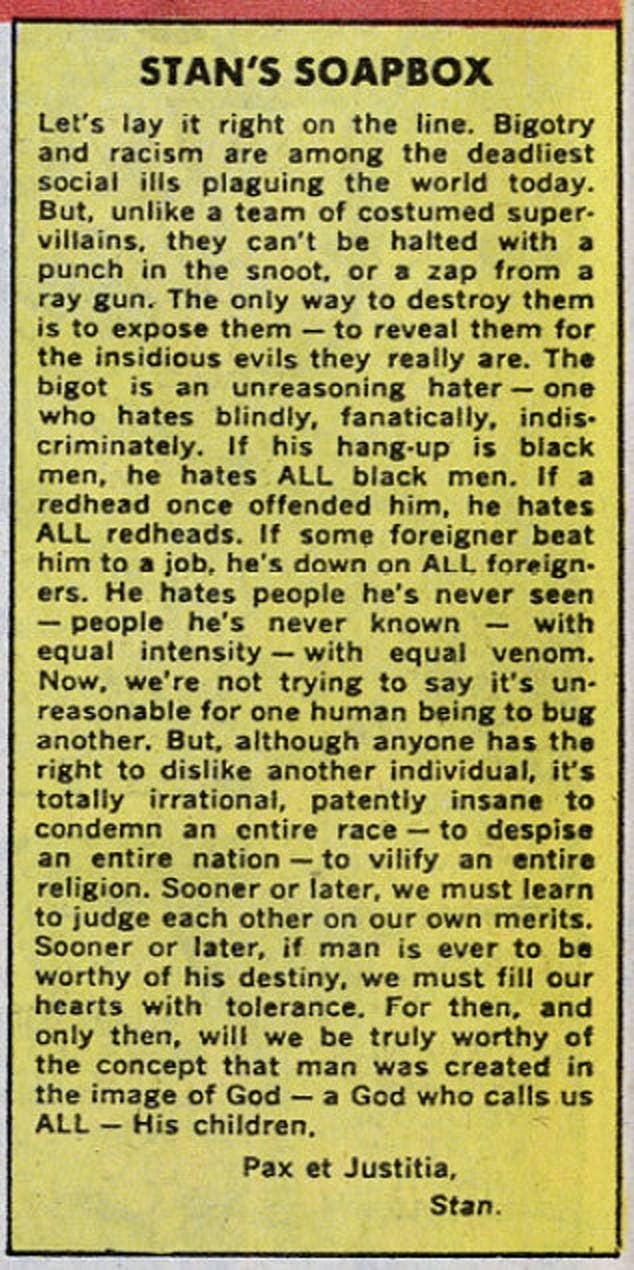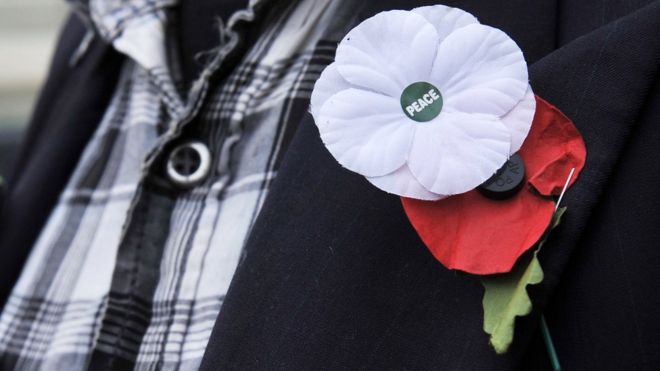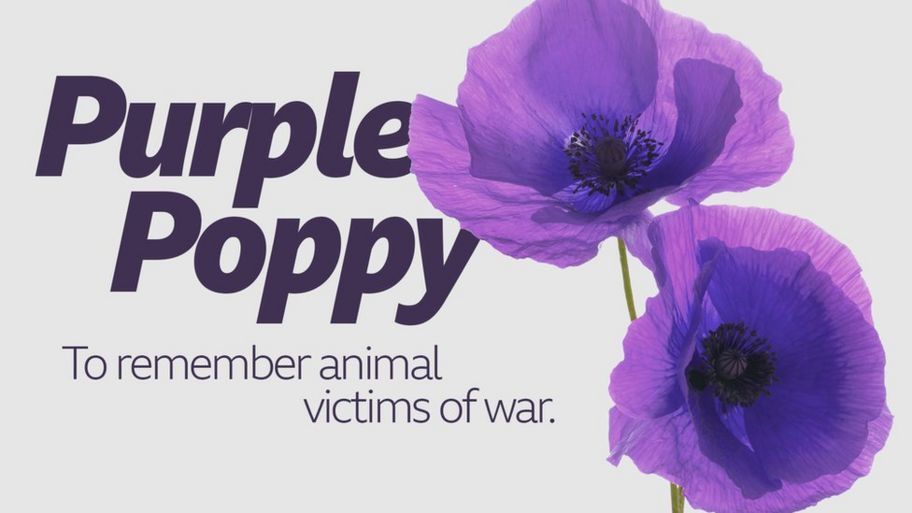When I was a kid, I adored Spider-Man.
I first came across him through Spider-Man: The Animated Series on Fox Kids, produced and written by the brilliant John Semper. To my mind, it is and remains the definitive Spider-Man cartoon. It introduced me to the Marvel Universe, and it is in large part because of this series that I got interested in comics. To this day, whenever I read a Spider-Man comic, I can hardly help but read Spidey's lines with the voice of Christopher Daniel Barnes (the voice of the character in this series) in my head.
When I heard there was going to be a big blockbuster film, starring Tobey Maguire as Peter Parker/Spider-Man and Willem Dafoe as Norman Osborn/The Green Goblin, then to my 6 year-old self, it was the most exciting thing that had ever happened, ever. I remember the crushing disappointment when I found out it was to be rated 12, and the excitement that built up again when Dad told me that it had been reclassified as a PG in some areas (or a 12A, allowing me to see it as long as I was with a parent).
It was around the time that the new Spider-Man film was being heavily promoted on Fox Kids that I found out who Stan Lee was.
Here was an old guy with dark sunglasses and a distinct New Yorker accent, and he was explaining how he CREATED Spider-Man!
Here was an old guy with dark sunglasses and a distinct New Yorker accent, and he was explaining how he CREATED Spider-Man!
As far as I was concerned, this guy was the new Walt Disney! He created Spider-Man, AND all the other superheroes I was watching on television then, like The X-Men, The Incredible Hulk, The Fantastic Four? This guy with two first names (I remember thinking that was cool, but also weird) was an absolute legend!
I remember watching interviews with him from then on. When I got my first ever Spider-Man DVDs - some of the films, some of the animated series, there would be Stan Lee interviews, and I would consume them religiously, and play them over and over again. One in particular sticks out in my mind to this day, where I realised how underrated and underappreciated he must've been.
Lee spoke about how rare it was for him to be recognised, and how he couldn't understand some of his more famous friends who would sometimes tell him of how they hated being asked for an autograph. For Lee, he said that whenever someone came up to him and said, 'Hey, aren't you Stan Lee?', followed by 'the guy who created...' (whoever their favourite superhero was - invariably Spider-Man) and then 'Can I have your autograph?', he would smile that great big smile of his, thank them, and sign something for them. In Lee's words, being recognised and appreciated as the creator and writer of their favourite character was 'To me...the most flattering thing in the world.'
I remember how I used to ask friends about Stan Lee - friends who were fellow fans of Spider-Man, the Hulk, the X-Men etc., and they'd often look at me blankly. Maybe it was because I was a weird 6-7 year-old child who was interested in who created my favourite fictional characters.
By the time the MCU was in full swing, it felt like virtually everyone was in on the joke, and it became part of the regular ritual of going to see any Marvel movie, to wait and pick out the tiniest blink-and-you'll-miss-him moment of the God of Marvel making his regular, inevitable appearance.
But what was it that made Stan Lee, and his characters, so different? So unique? So loved? So cherished? It's not like he was the first person to create comic book superheroes. Superman, Batman, Captain America and others - they were around long before Stan Lee and Marvel Comics.
I think the answer is this.
The key emphasis, with virtually any of the Marvel Superheroes, is that underneath the mask or costume, the characters are honestly, brilliantly, and irretrievably, human.
I loved the Superman Christopher Reeve films as a kid too, but it was always the Clark Kent scenes that interested me the most.
Marvel heroes are different. Marvel heroes are human.
The thing about Peter Parker - aka The Amazing Spider-Man - is that when he first started, in the earliest comics, written by Stan Lee himself, he was nothing more than a teenager. And not only that, he was a geek. A nerd.
Everything conceivable that could go wrong for a teenage boy happened to Peter Parker. He had acne, he would get colds, he had trouble talking to girls, he was the unpopular kid, he was bullied, he struggled to get dates...
When he was a little older, he struggled to balance work, home and University life. He struggled to keep time. He struggled to pay the rent. People would think he was lazy. You name a problem, Peter Parker had it. He was an outcast - like so many of the kids and teenagers reading about him.
For generations, comic book, cartoon, TV series, film, and general superhero fans, have looked at the incredible roster of superheroes and supervillains, created by Stan Lee and beyond, and projected *themselves* onto them. As Lee often put it, the inherent appeal of Marvel characters was that readers could look at the ordinary lives of the extraordinary people on the page, and go 'Hey, that could be me!'
Stan Lee never talked down to his audience. From the oldest fanboy to the youngest child, he'd treat all of his fans the same - with credit for their intelligence, and respect. He never patronised his younger audiences. They felt as welcome a part of the Marvel family as any other fan. With his charm, and his wit, and his modesty, his New York twang and his winning smile, Stan Lee was a true, real-life hero to the young, and the forever young at heart. He touched so many lives, and so many people, and despite never having had the opportunity to see him at a convention, let alone meet the great man, I and so many others, felt like we knew him. It is to my everlasting regret that future generations may not know Stan Lee the way we all did.
Because you see, Stan Lee wasn't just some Walt Disney of the comic book world, or our creative idol.
At 95, he lived a long, successful, and happy life, and generation after generation of fans will be forever grateful that such a giant, such an inspiration, and such an ordinary, brilliant man, shared his time on this earth, his boundless creativity, and his big, open-hearted values, with us.
Rest in Peace, and in Power, Stan.
Forever.














